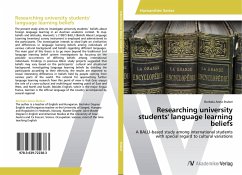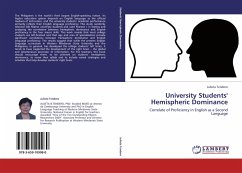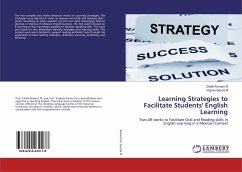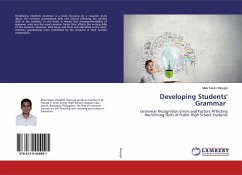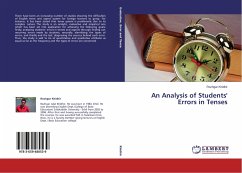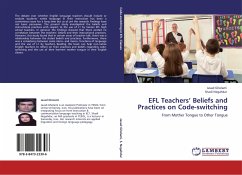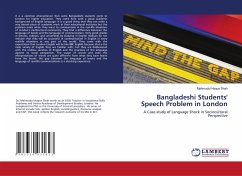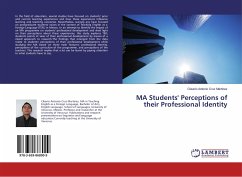The present study aims to investigate university students` beliefs about foreign language learning in an Austrian academic context. To map beliefs and attitudes, Horowitz`s (1987) BALLI (Beliefs About Language Learning Inventory) survey instrument is employed and administered to the participants. The investigation intends to shed light on similarities and differences in language learning beliefs among individuals of various cultural background and beliefs regarding different languages. The main goal of this thesis is to go more beyond the traditional 2nd language learning belief system investigations by focusing on the possible occurrences of differing beliefs among international individuals. Findings in previous BALLI study projects suggested that beliefs may vary based on the participants` cultural and situational background. Investigating language learning beliefs by dividing the participants according to their ethnicity, the results are expected to reveal interesting differences in beliefs held by people coming from various parts of the world. The rational for approaching further language learning research from this point of view is that Graz enjoys the role of a cross-cultural and multilingual meeting point of East and West, and North and South. Besides English, which is the major lingua franca, German is the official language of the country accompanied by several regional
Bitte wählen Sie Ihr Anliegen aus.
Rechnungen
Retourenschein anfordern
Bestellstatus
Storno

